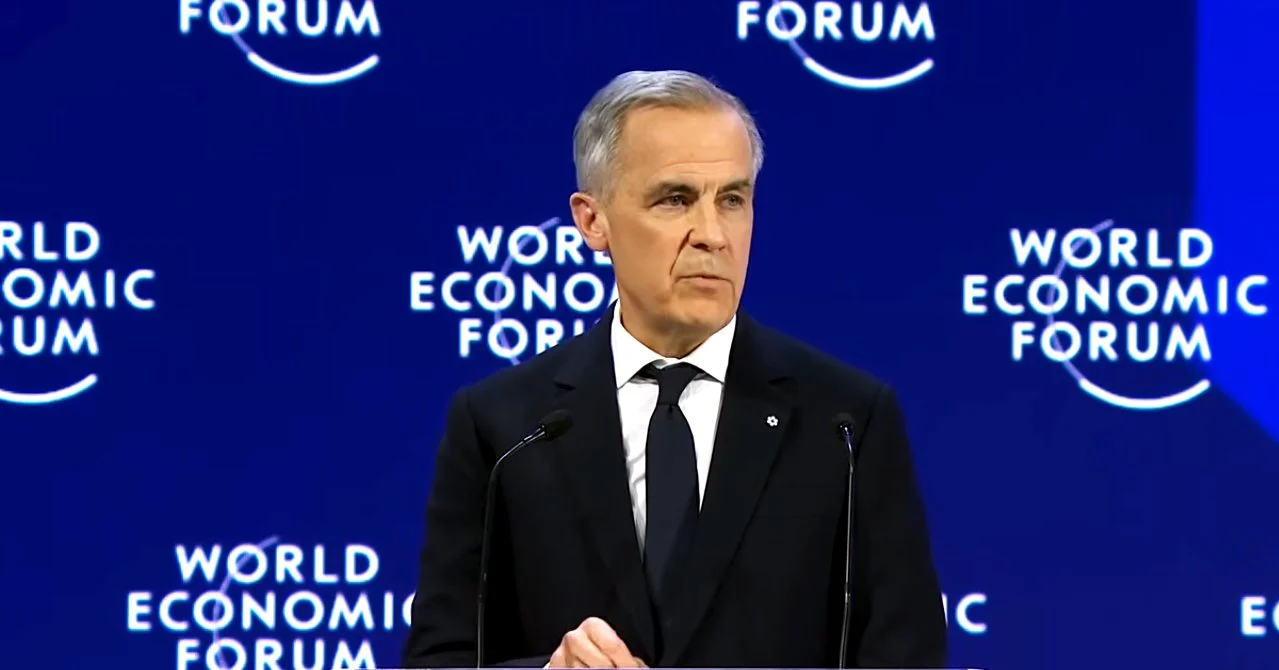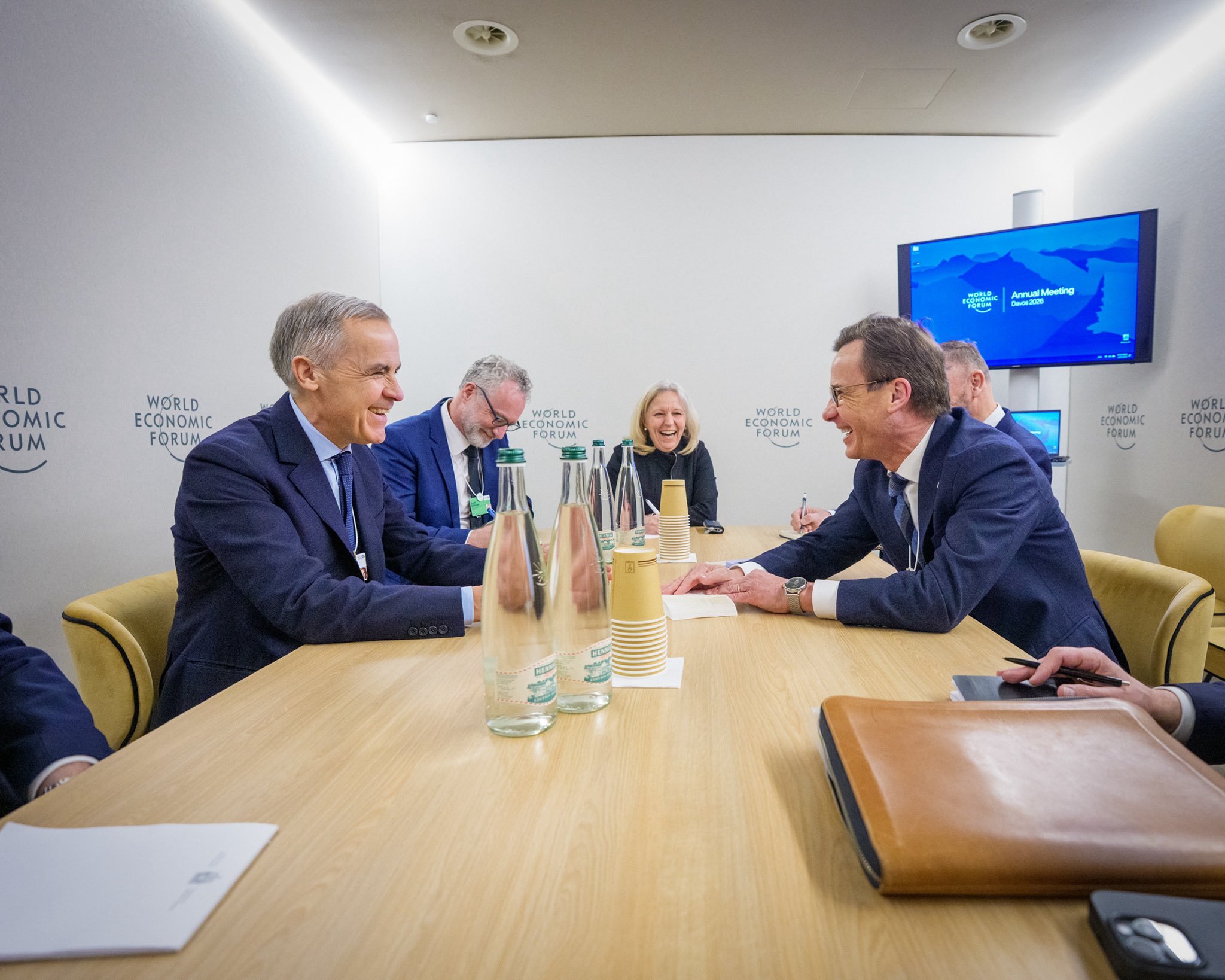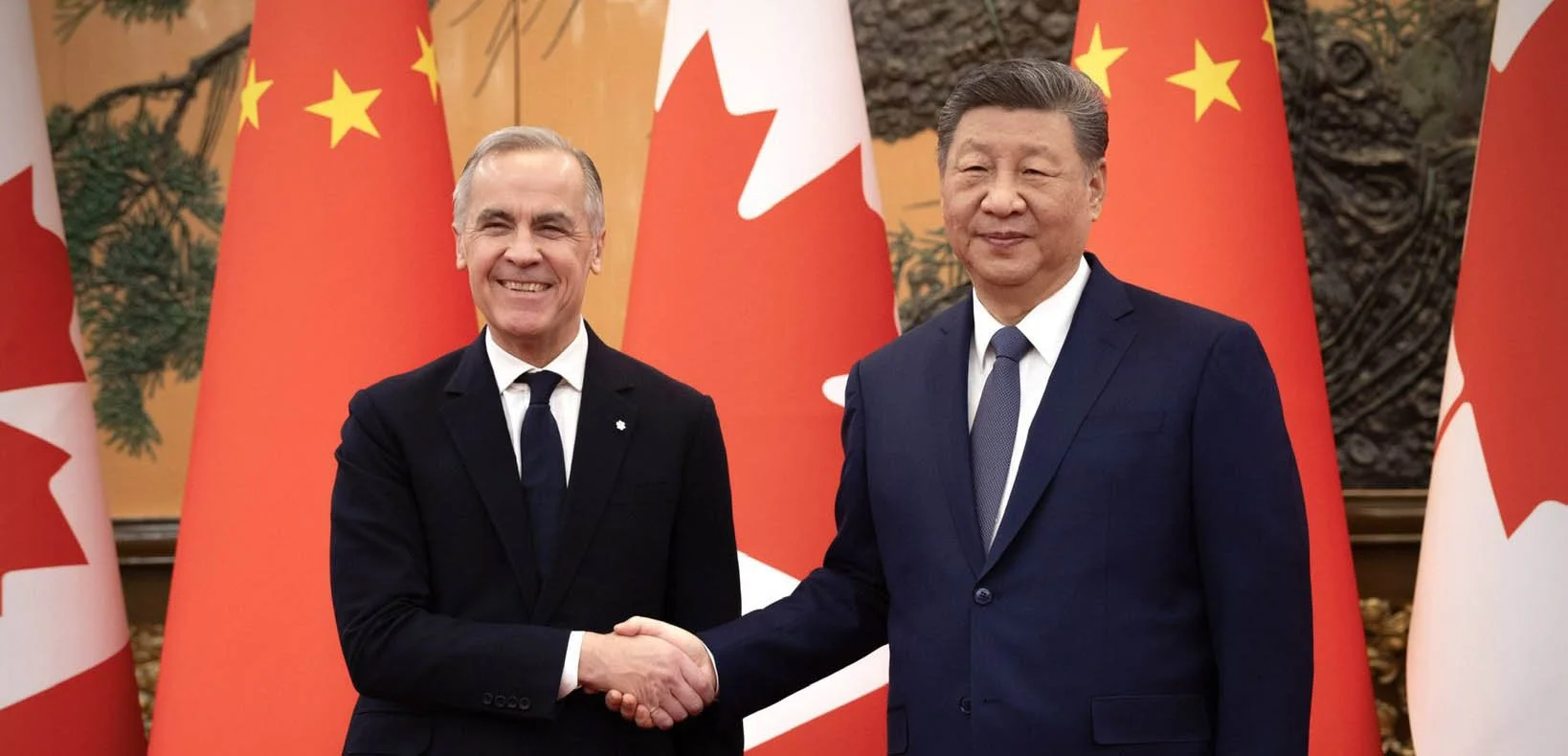Ambassador Hillman deciphers Trump
During a conversation with Jeffrey Goldberg, Editor in Chief of The Atlantic in Washington, D.C. last week, Kirsten Hillman, Canada’s Ambassador to the U.S., was asked how she explains some of President Donald Trump’s statements — such as those related to annexing Canada and that the U.S. doesn’t need any of Canada’s oil and gas or lumber — to her compatriots.
“It's clear that the President of the United States and his administration are seeking to transform, in particular, their economic relationship with the world, and therefore very much with us,” Hillman said. She pointed out that Canada and the U.S. have the single biggest trading relationship in the world, and that Canada is America’s biggest customer, purchasing more than China, Japan, the UK and France combined.
“It's a huge relationship in all ways, not just economic,” she said. “And the President and his administration are seeking to change that in ways that I think are quite consequential.” She added, “It will change, and therefore we will change, and therefore we will move into something different than we have been in for a few generations.”
Responding to Goldberg’s question of whether Canadians take Trump seriously, Hillman said, “Of course we take him seriously. He's a man with enormous influence and power over this country and the world, and so, yes, he has to be taken seriously.”
‘We buy more’
Goldberg asked Hillman about Trump’s assertion that the U.S. “subsidizes” Canada by $200 billion a year. Hillman responded that bilateral Canada-U.S. trade is worth $2 billion a day, and that for those who are looking at the issue through the lens of balanced trade — as Trump does — then Canada actually runs a trade deficit with the U.S. when it comes to manufactured goods and services.
“The stuff that Americans make and manufacture, the things that the president is very deeply concerned about ensuring stay here for good jobs, for Americans, we buy more of that from you than you buy from us, and we are about one-tenth your size,” she said.
She continued that the U.S. exports more than half of its manufactured goods, so selling those goods is important for the jobs the president wants to keep in the U.S., and Canada is a “huge” consumer of U.S. services, which account for 77% of the country’s economy.
“But a third of what we sell you is energy, and a lot of that is oil, and the Canadian oil that we sell is transported down to the Gulf Coast where it's refined,” Hillman said. “It is, frankly, according to many Canadian experts, sold at a discount.”
She explained that Canada has few pipelines, and so it’s limited in the number of places it can ship its oil to. The oil Canada exports to the U.S. “is then refined and resold at three times the price into the United States, to third-country markets, keeping your manufacturing costs down,” and keeping pump prices low for American consumers.
Less energy
“So, yes, we sell you more energy than you sell us. That is absolutely true. And because a third of what we sell you is energy, overall, we have a trade deficit, but it's about $60 billion not $200,” she said. “But if you want to balance the trade, if the United States wants to balance trade with Canada, the only way to really do that, we can't buy that much more from you. We are 41 million people. There's only so much we can buy. We will have to sell you less energy.”
“And I don't actually think that's what the administration wants. And I think proof of that is in the fact that when the tariffs were put onto products of all nations, the tariffs put on Canadian energy were some of the lowest of all.”






